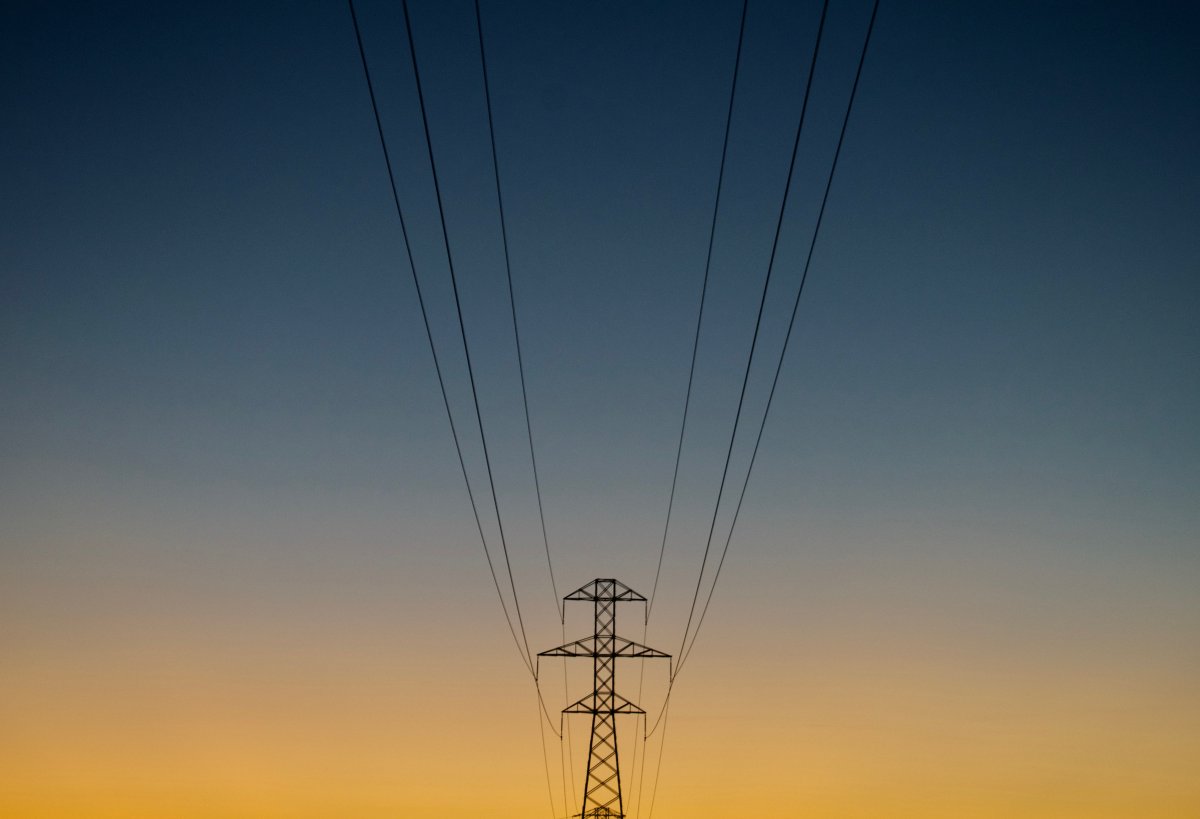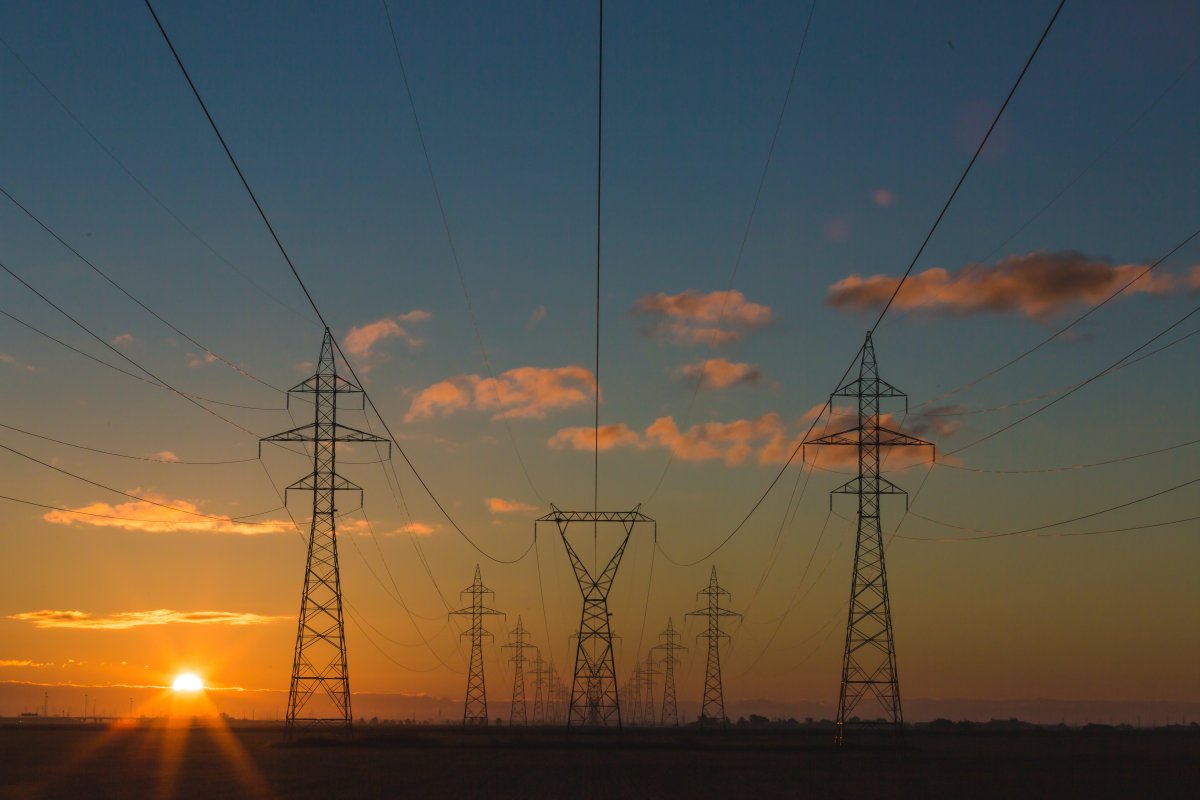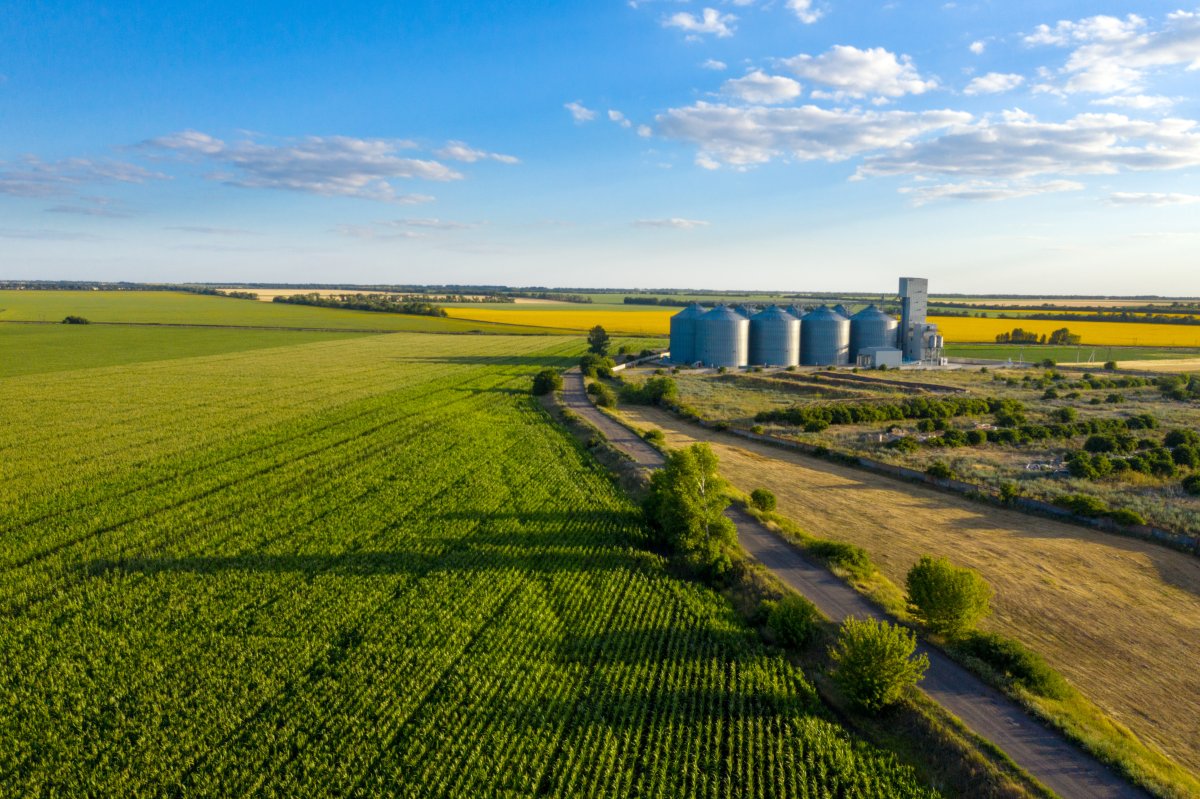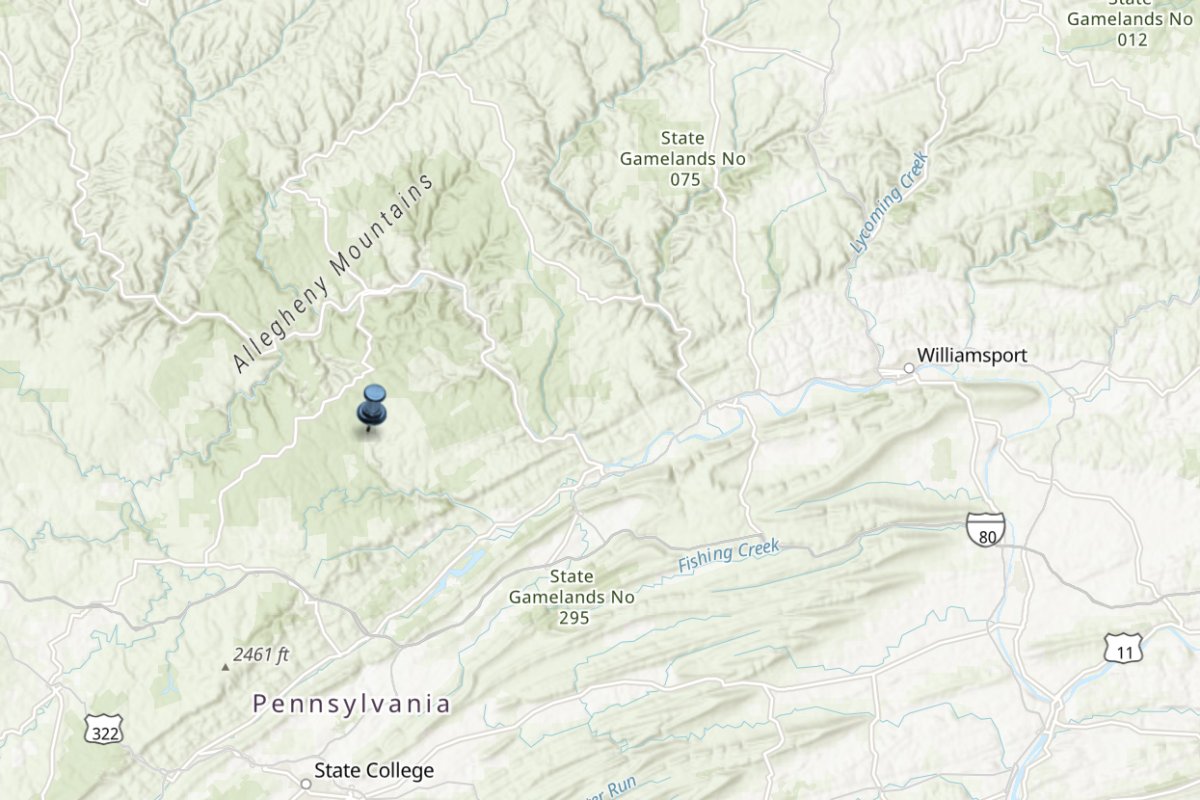On this page:
Penn State Programs and Partners
The Institute of Energy and the Environment manages, supports, or is connected to a large number of institutes, consortia, centers, and programs at Penn State. Together, we help to advance interdisciplinary research, education, and outreach in Pennsylvania and around the world.
Battery and Energy Storage Technology Center
The Battery and Energy Storage Technology Center (BEST) brings together the campus-wide expertise in energy storage, from materials to cells to systems.
Center for BioRenewables
The Center for BioRenewables brings together Penn State’s broad expertise in plant biology, genomics, microbiology, chemistry, materials science, chemical engineering, bioengineering, and other related fields to make the discoveries that will enable plants to meet the current and future needs of human society, sustainably.
Center for Energy, Law, and Policy
Center for Energy, Law, and Policy (CELP) provides an innovative national model for how a major public research university can contribute to important energy law and policy issues through research, education, and stakeholder engagement.
Center for Lignocellulose Structure & Formation
The Center for Lignocellulose Structure & Formation (CLSF) is a DOE Energy Frontiers Research Center focused on developing a detailed understanding of lignocellulose, the main structural material in plants to advance sustainable energy and materials.
Center for Molecular Toxicology and Carcinogenesis
The Center for Molecular Toxicology and Carcinogenesis (CMTC) provides a structure for the development of multi-investigator projects in the area of environmental toxicology across the university and to understand toxic effects of compounds at the molecular and biochemical level.
Center for Security Research and Education
The Center for Security Research and Education (CSRE) at Penn State promotes research and education to protect people, infrastructure, and institutions from the broad range of hazards confronting society today.
Penn State Climate Consortium
The Penn State Climate Consortium is a collective of internal and external partners committed to identifying, creating, and implementing research-based solutions to climate change.
Data Commons
The Data Commons serves as a data discovery tool and a data archive for research data, providing a resource for data sharing, discovery, and archiving for the Penn State research and teaching community.
Earth and Environmental Systems Institute
The Earth and Environmental Systems Institute (EESI) is the nation’s leading institute that brings together scientists studying environmental science that crosses human to geologic timescales and transcends from fundamental to applied science.
EMS Energy Institute
The Earth and Mineral Sciences (EMS) Energy Institute at Penn State is a leading research and development organization focused on energy science and engineering.
Institute for Sustainable Agricultural, Food, and Environmental Science
The Institute for Sustainable Agricultural, Food, and Environmental Science (SAFES) establishes a novel environment for accelerating solutions to persistently "wicked" landscape-level challenges centered on agriculture, food, and the environment.
Pennsylvania Sea Grant
Pennsylvania Sea Grant promotes the sustainability of Pennsylvania’s ecological and economic coastal and watershed resources through science-based research, education, and outreach.
Pennsylvania Spatial Data Access
Pennsylvania Spatial Data Access (PASDA) is Pennsylvania's official public access open geospatial data portal.
Pennsylvania Water Resources Research Center
The Pennsylvania Water Resources Research Center (PAWRRC) is one of the nation’s 54 water resources research centers and institutes that emphasizes the role of university research, education, and outreach in advancing problems related to water quality and quantity.
Rock Ethics Institute
The Rock Ethics Institute at Penn State promotes engaged ethics research and ethical leadership while addressing topics such as sustainability, technology, health, gender and sexuality, race, and global issues.
Water Initiative
The Penn State Water Initiative brings together faculty, staff, and students from across the University, building upon long-standing strengths in engineering, natural, and social sciences, while expanding engagement with the health sciences, law and policy, emerging technologies, arts and the humanities, and other disciplines.
External Partners
IEE builds and expands networks and collaborations at Penn State and beyond. This proactive effort creates new and innovative teams with other organizations that positively impact energy and environmental research around the world.

























